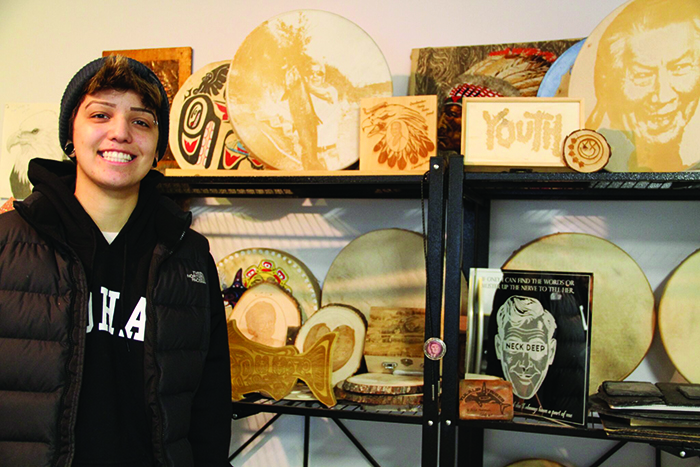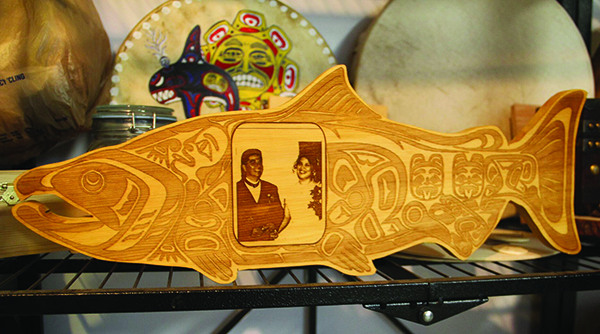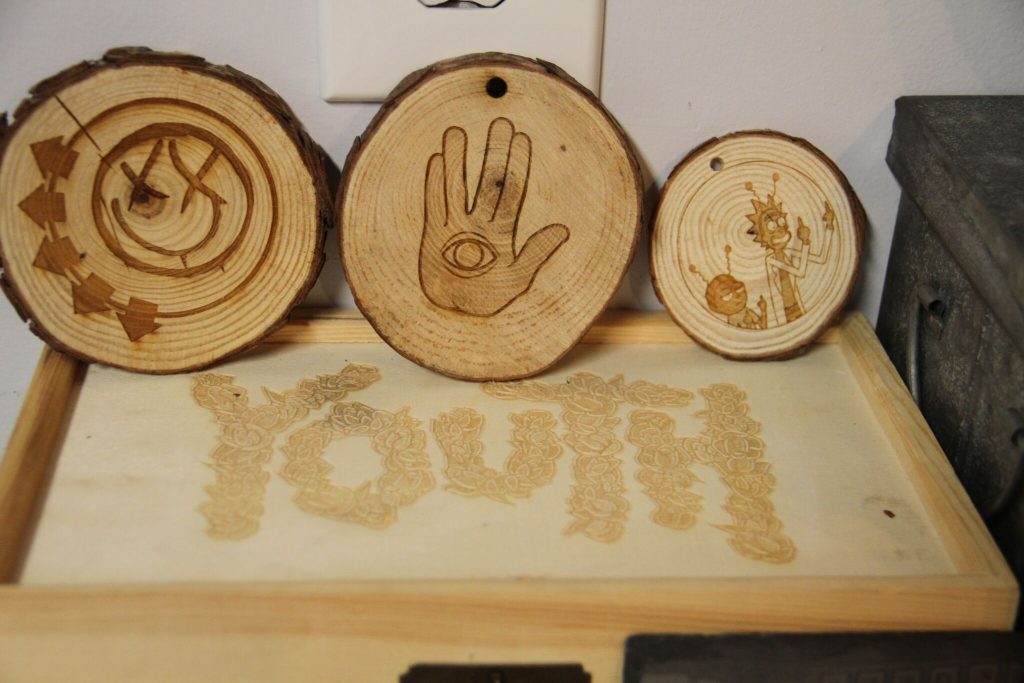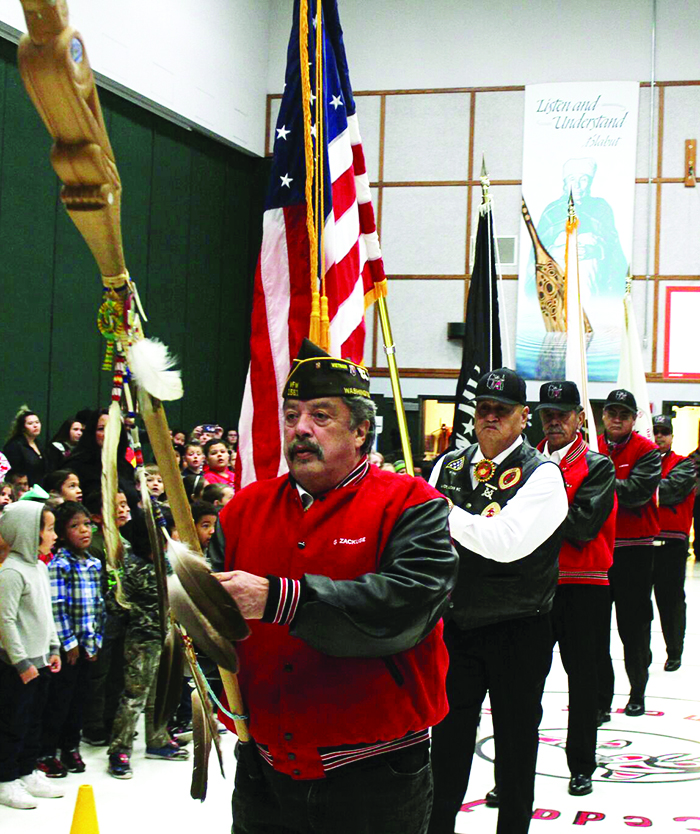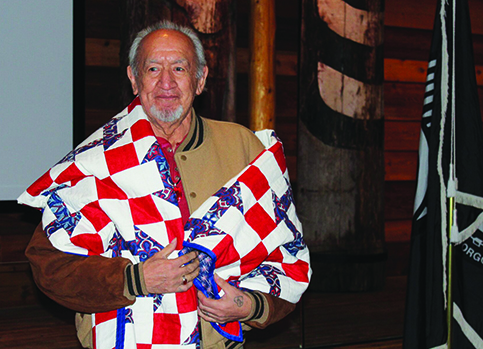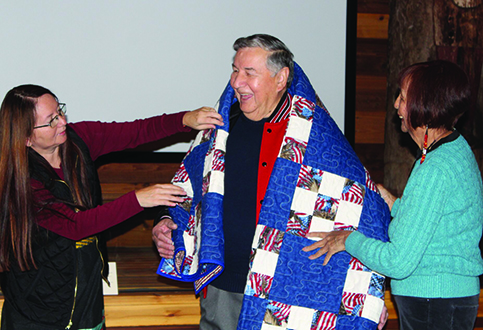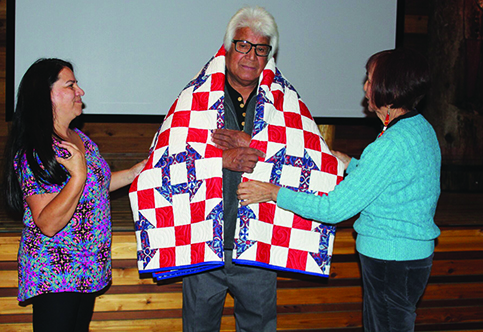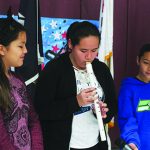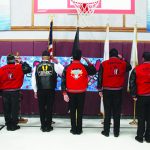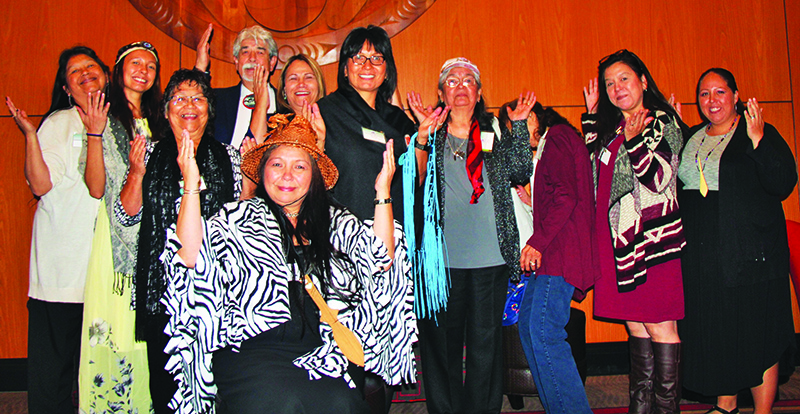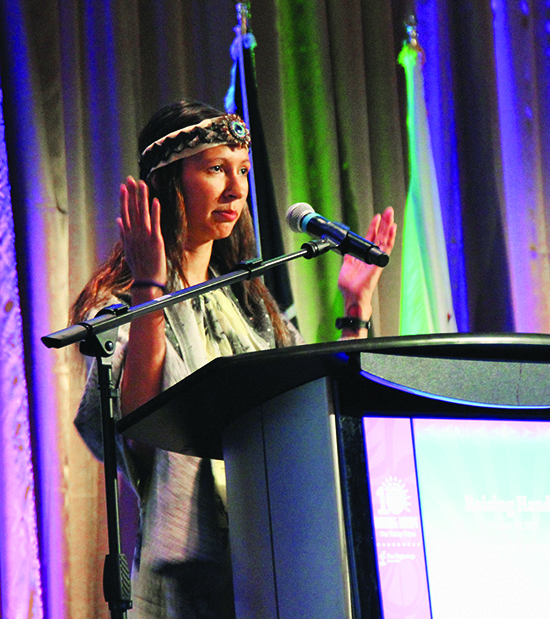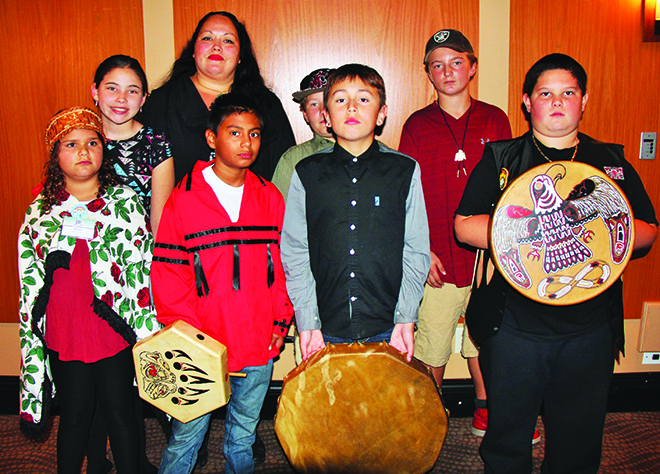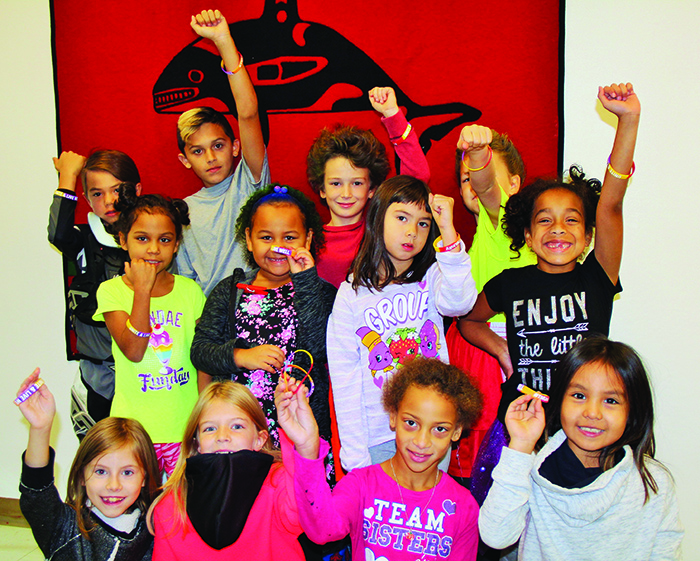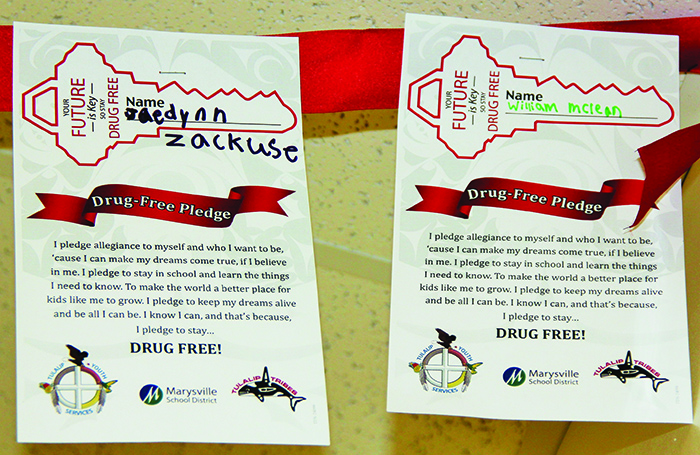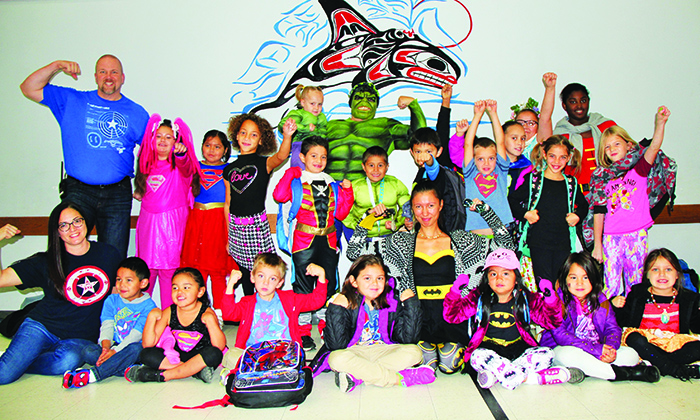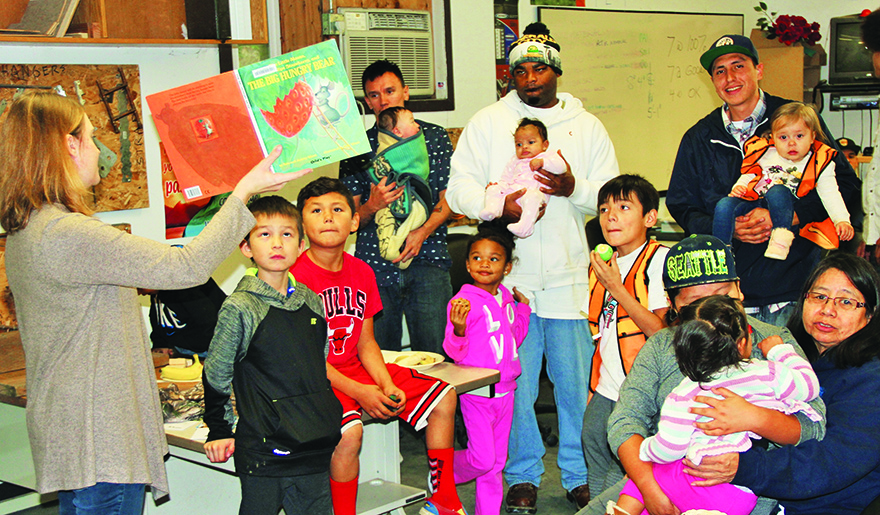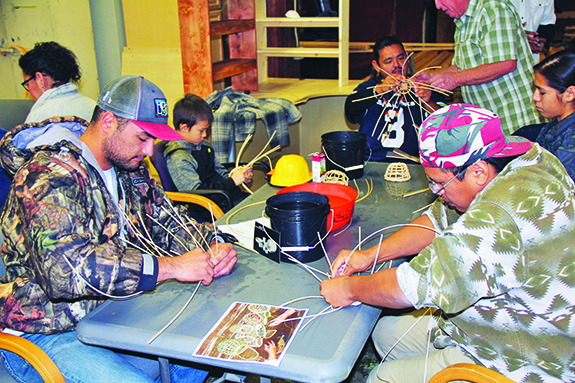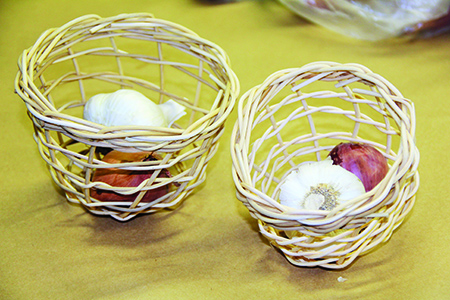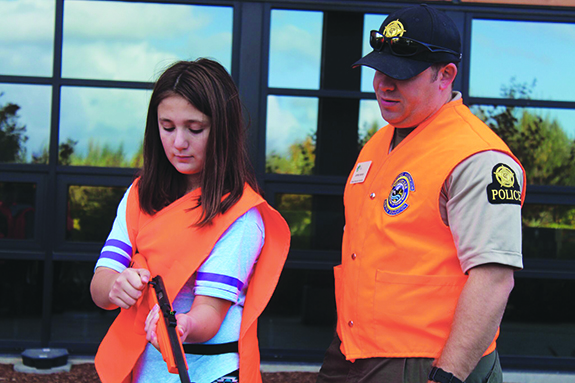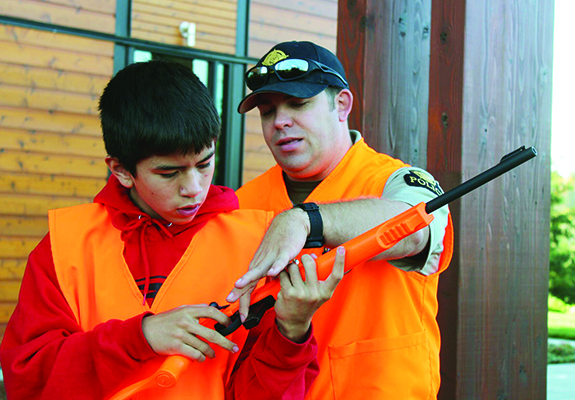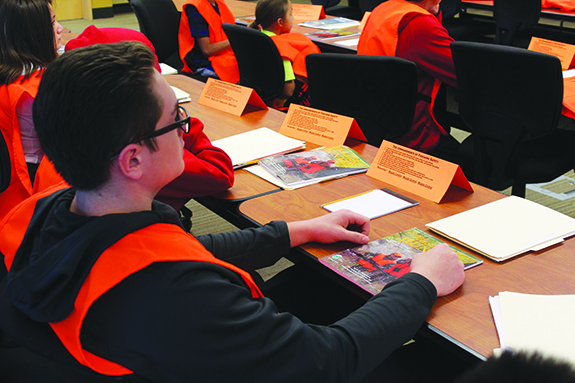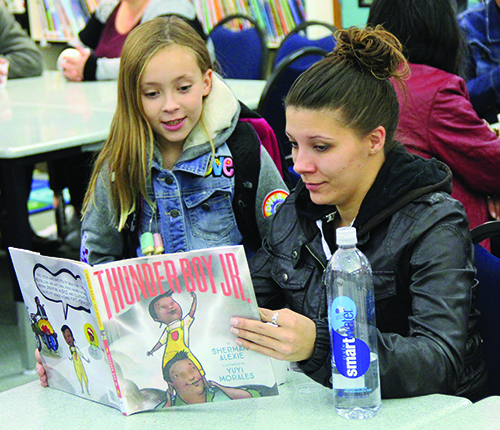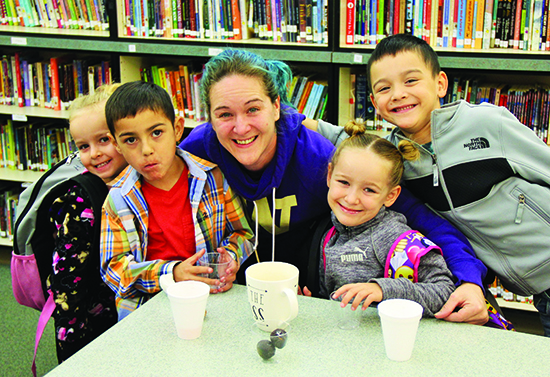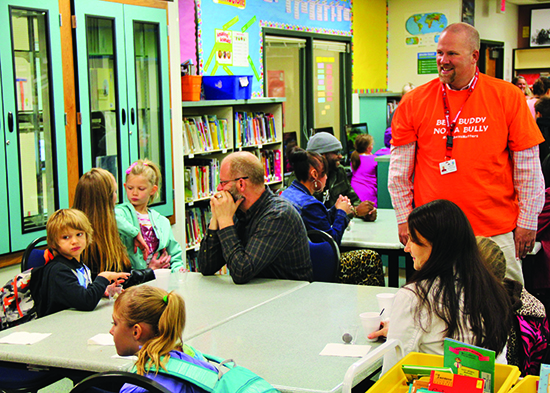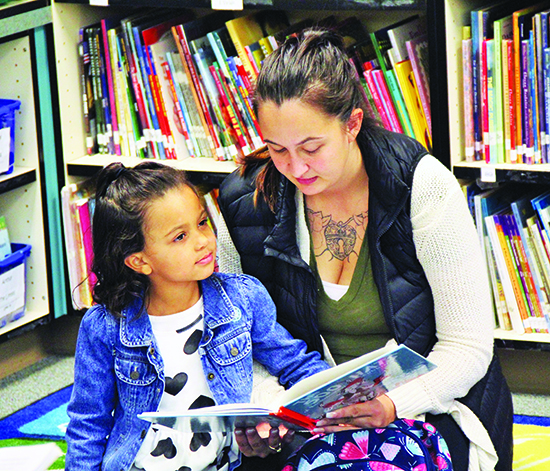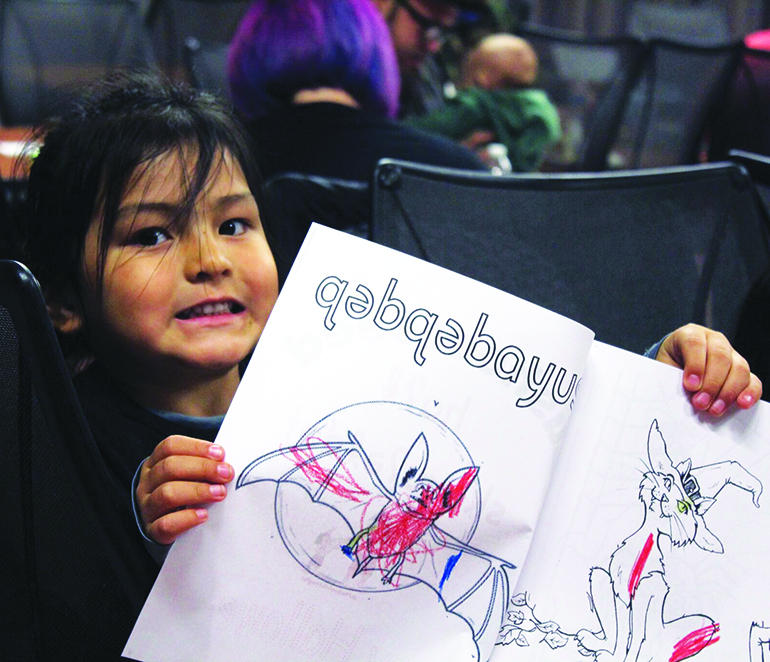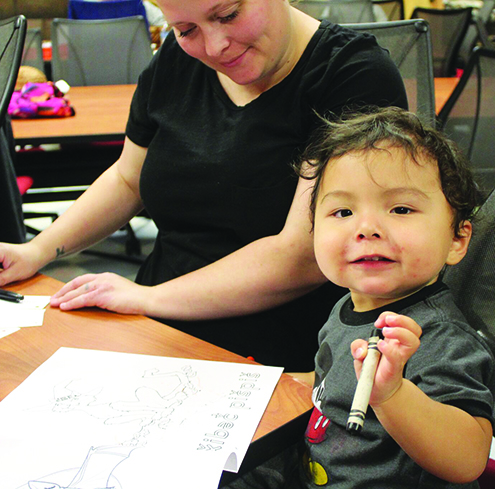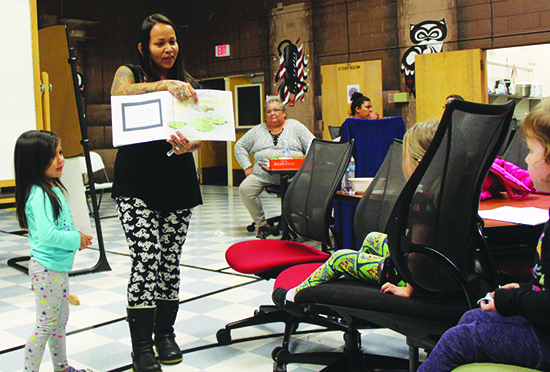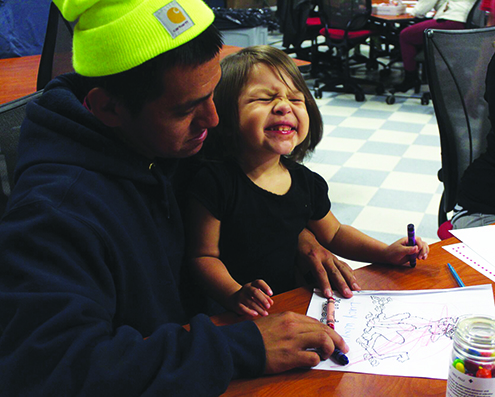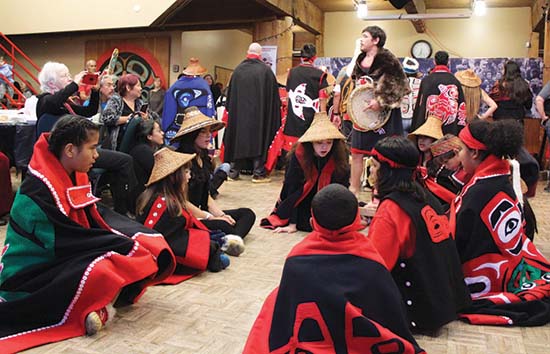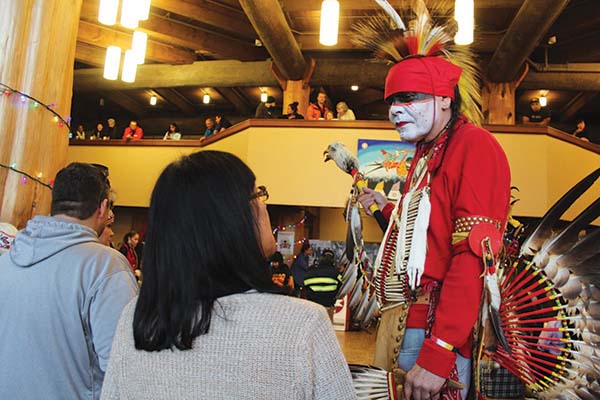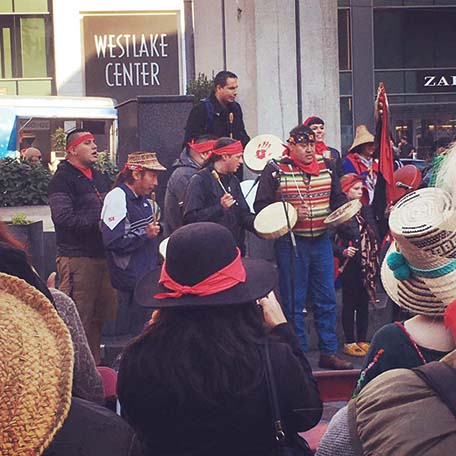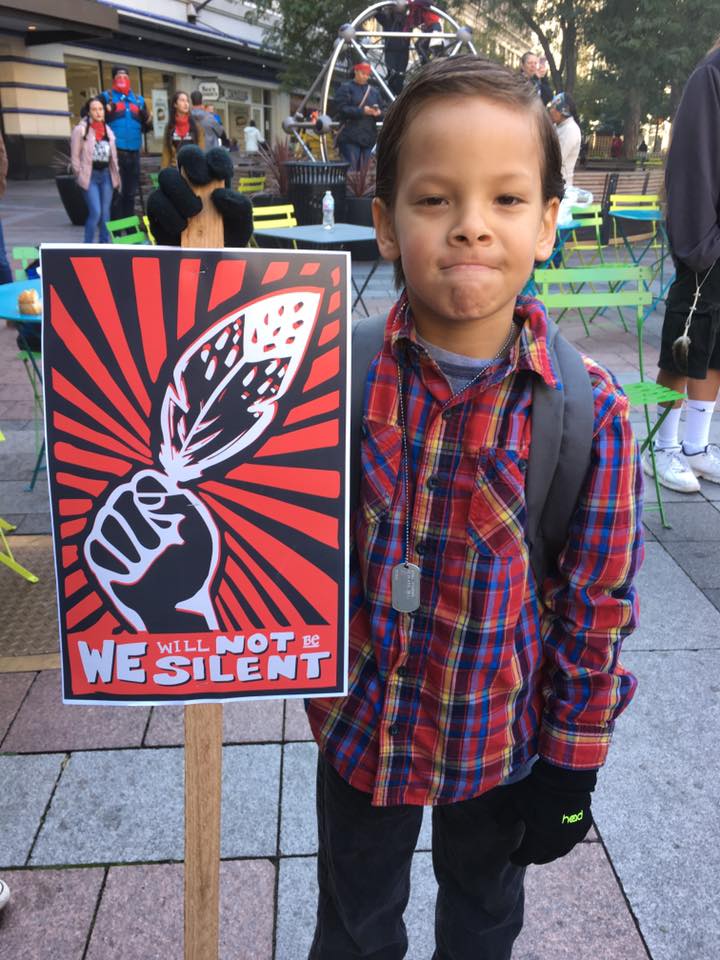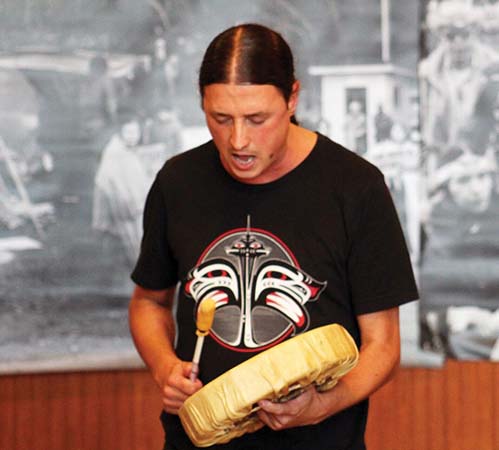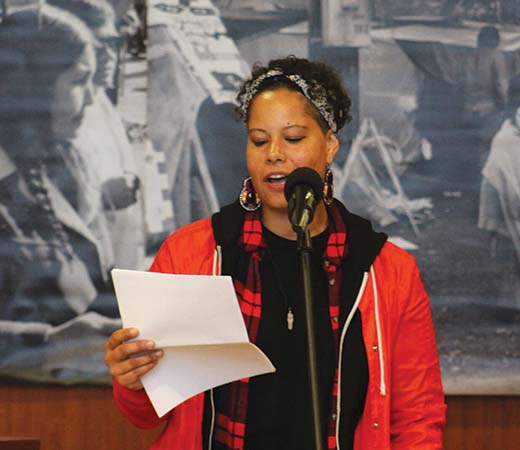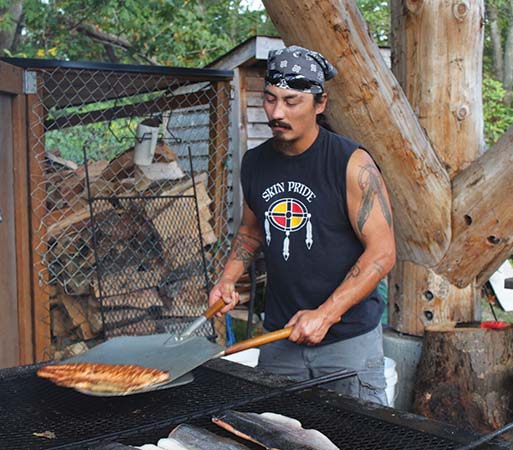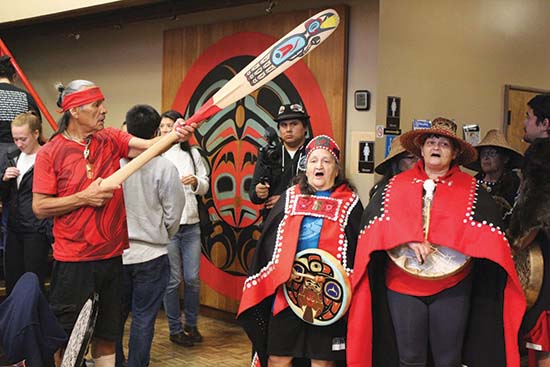On December 14, the FCC will vote on whether to repeal Net Neutrality. Indian Country is encouraged to stand up for internet freedom by filing comments with the Federal Communications Commission opposing this action by this Thursday December 7. If this item moves forward, Tribes and their citizens could be charged more for basic internet, could experience slower internet speeds and will continue to be on the wrong side of the Digital Divide.
Net Neutrality means that an internet service provider (ISP) cannot charge you more to access different sites or charge you more for faster speeds. Currently, you pay one bill to your ISP to access every site on the web at one speed. Under the new FCC plan, your ISP can charge you more money to access particular websites and can slow down your speeds if you chose not to purchase a fast lane. This could negatively affect Tribal Members and Tribal Governments that rely on the internet to stay connected to their members, governments, businesses and families.
NCAI filed comments with the FCC today. Feel free to use NCAI’s comments as a template or guide. Click here to view NCAI’s Net Neutrality Comments.
Repealing Net Neutrality could negatively impact Tribal Governments and their citizens by
- Corporate Interference in the Government-to-Government Relationship
- Corporations could monopolize and interfere with the Government-to-Government relationship by charging you more to access government websites or intentionally slowing down service to those websites
- Limits Tribal Self-Determination
- Internet providers could charge you more to access basic sites- email, education sites, healthcare sites, internal administration sites, natural resource mapping, educational video and streaming services, social media to connect with Tribal members and community
- More Costs for Tribal Governments
- Tribal Governments could be charged more to access the full internet including sites that are necessary functions- email, mapping, health administration
- Harms Data Sovereignty
- Internet providers could limit the data Tribal Governments can use over the internet- limiting telehealth, videoconferencing, education, streaming services, gaming, security
This action could allow Comcast, Verizon, AT&T, Centurylink and other internet providers to charge consumers more to access different sites and will allow ISP’s to intentionally slow service. Many people anticipate Internet Service Providers setting up “fast lanes” for websites that you access most often, and then charging more for those “fast lanes.”
How to File with the FCC
Tribes are encouraged to file comments with the FCC opposing the FCC Action titled “Restoring Internet Freedom” WC 17-108. Due to the high volume of comments the FCC is receiving, we encourage Tribes to follow these steps.
File with the Electronic Comment Filing System
- Go to https://www.fcc.gov/ecfs/filings
- For “Proceedings” enter “17-108” and select “17-108 Restoring Internet Freedom”
- Enter your information and upload your comments
- Submit through ECFS
- Email a copy to the FCC Office of Native Affairs and Policy at native@fcc.gov.

